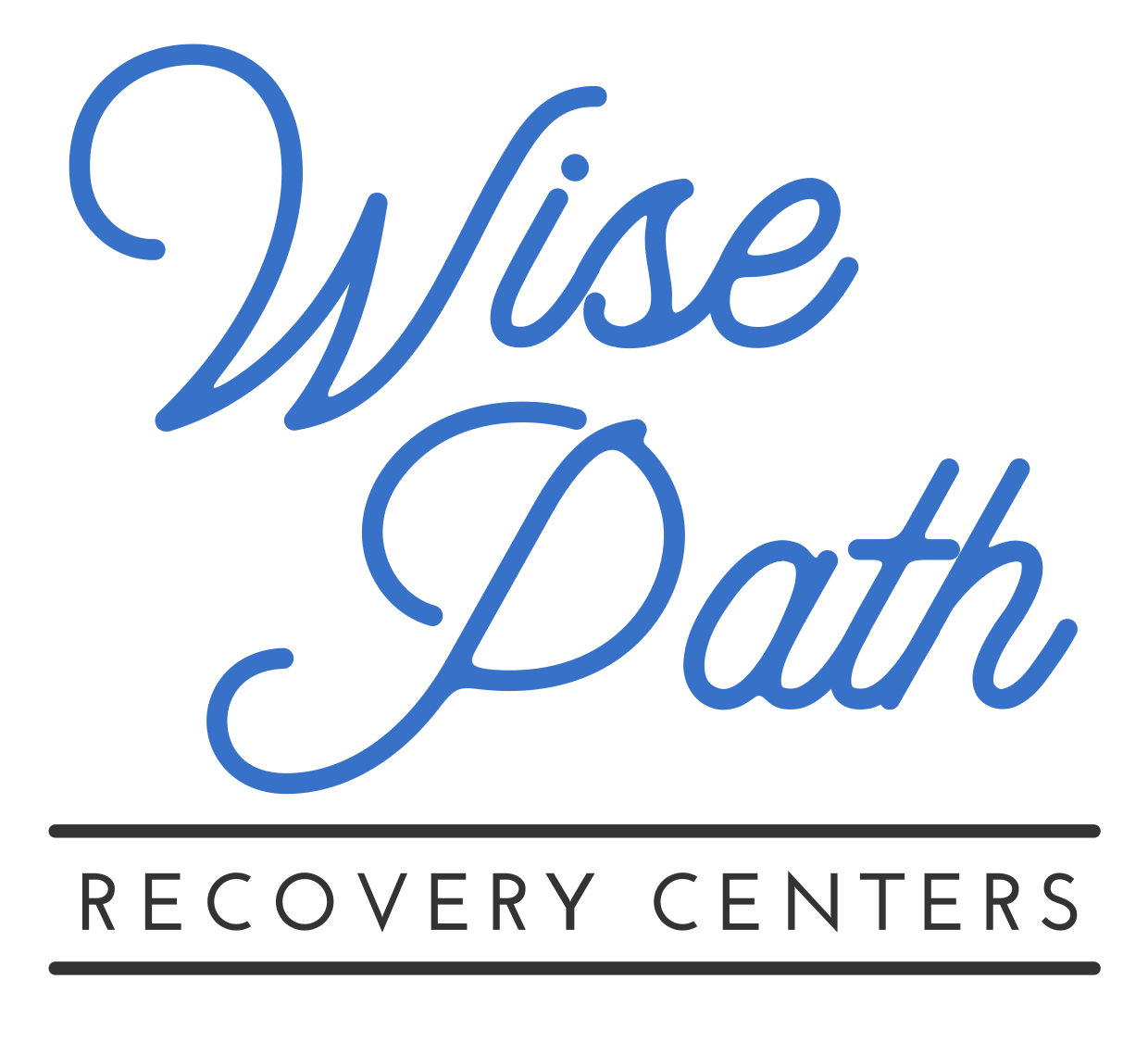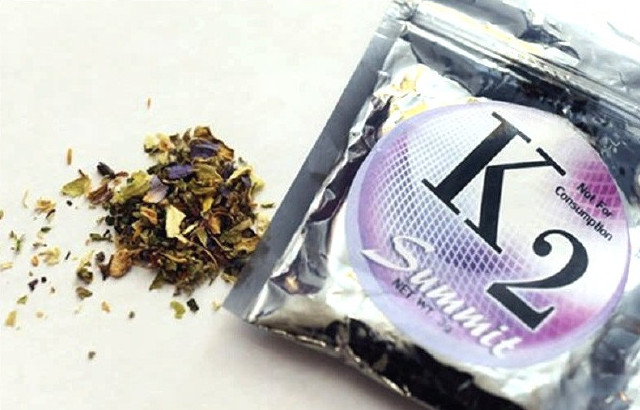Synthetic marijuana, often called K2, Spice, or other street names, is a man-made drug created to imitate THC, the active chemical in cannabis. It is usually sold as dried plant material sprayed with synthetic chemicals or as a liquid used in vape pens.
When it comes to comparing synthetic marijuana vs. marijuana, synthetic marijuana is unpredictable and unregulated. Makers change the formulas constantly, and there is no quality control. This means each package can contain chemicals of unknown strength and toxicity, making every use risky and potentially dangerous.
Synthetic Marijuana Differs from Natural Cannabis
What is synthetic marijuana, and how is it different from natural cannabis? The chemicals in synthetic marijuana act on the same brain receptors as THC but often bind more strongly and trigger more intense effects. While cannabis is plant-based and tends to have consistent properties, synthetic marijuana is created in labs with no oversight. That makes it hard to know the full scope of the risks and long-term effects of synthetic marijuana.
One batch may cause mild sedation while another can lead to severe paranoia, hallucinations, or psychosis. Another reason some people use synthetic marijuana is that it is often harder to detect on standard drug screens. This false sense of safety, however, hides the very real risks that come with using it.
Synthetic Marijuana Side Effects You Should Know About
What are synthetic marijuana’s effects? The short-term effects of synthetic marijuana can appear within minutes and vary widely depending on the chemical makeup of the batch. Common side effects include:
- Severe anxiety or panic attacks
- Paranoia and hallucinations
- Confusion or disorientation
- Nausea, vomiting, and stomach pain
- Rapid heartbeat and high blood pressure
- Aggressive or violent behavior
These reactions may last longer than expected and can lead to unpredictable or dangerous behavior. Because users never know what chemicals they are ingesting, side effects can shift drastically from one use to the next.
Long-Term Dangers of Using Synthetic Marijuana
Prolonged use of synthetic marijuana carries serious health risks. Studies and case reports have linked it to seizures, kidney damage, lasting mood disorders, and cardiovascular problems. In extreme cases, strokes, internal bleeding, and death have been reported.
Because the formulas change frequently, it’s impossible to know what long-term damage a specific product may cause. Every use is a gamble, and the risks increase with continued exposure.
Can You Get Addicted to Synthetic Marijuana?
Regular use of synthetic marijuana can lead to tolerance, where a person needs more of the drug to feel the same effects. This often develops into dependence, where the body and brain rely on the drug to function normally.
Many users describe taking synthetic marijuana not to feel good but to avoid withdrawal symptoms. This cycle is a clear sign of addiction, and without intervention, it can become increasingly difficult to break.

Common Synthetic Marijuana Withdrawal Symptoms
What is synthetic marijuana withdrawal like? When a person who regularly uses synthetic marijuana stops suddenly, withdrawal symptoms may begin within hours, including:
- Severe anxiety or panic
- Depression or mood swings
- Irritability and restlessness
- Insomnia or vivid nightmares
- Headaches and sweating
- Nausea or vomiting
- In some cases, seizures
Symptoms typically peak within two to three days and may last for a week or longer. Mental health challenges such as anxiety, depression, and sleep problems can linger even after physical withdrawal passes.
Detox and Treatment for Synthetic Marijuana Addiction
Medical detox is often the safest first step for someone addicted to synthetic marijuana. During detox, trained professionals provide monitoring and treatment for withdrawal symptoms, helping make the process safer and more comfortable.
After detox, substance abuse treatment typically involves therapy to address both the psychological and behavioral aspects of addiction. Counseling, group therapy, and holistic approaches, such as stress management and sleep support, can all play a role. A tailored plan is essential since the effects of synthetic marijuana vary from person to person.
Drug & Alcohol Rehab and
Addiction Treatment in West Virginia
Get in touch with our recovery center today at 866-860-9772
Harm Reduction Tips for People Using Synthetic Marijuana
If someone isn’t ready to stop using synthetic marijuana, there are ways to reduce immediate risks:
- Don’t use alone, so that help is available in an emergency.
- Avoid combining it with alcohol or other drugs.
- Take very small amounts, as potency is unknown.
- Seek medical help immediately if unusual symptoms occur.
These steps don’t make synthetic marijuana safe, but they can reduce the chance of overdose or other life-threatening complications.
When to Seek Emergency Help for Synthetic Marijuana Use
Synthetic marijuana can trigger sudden and severe health problems. Emergency medical help is needed if someone experiences:
- Chest pain or shortness of breath
- Seizures or loss of consciousness
- Hallucinations or psychotic behavior
- Rapid or irregular heartbeat
- Thoughts of self-harm
These symptoms may progress quickly and can become life-threatening without prompt treatment.
Drug & Alcohol Rehab and
Addiction Treatment in West Virginia
Get in touch with our recovery center today at 866-860-9772
How Wise Path Recovery Centers Treats Synthetic Marijuana Addiction
At Wise Path Recovery Centers, our substance abuse treatment in West Virginia provides compassionate and comprehensive care for individuals struggling with synthetic marijuana use. Our process begins with a safe, supervised detox plan, followed by evidence-based therapies tailored to each client.
We address not only substance use, but also co-occurring issues like anxiety, depression, and trauma. Through therapy, group support, and wellness-focused programs, we help individuals find stability and build the tools needed for long-term recovery.
No one has to go through this alone. With the right support, recovery from synthetic marijuana addiction is possible.
Frequently Asked Questions: What Is Synthetic Marijuana?
How is synthetic marijuana usually sold or packaged?
It is often marketed in small foil packets or plastic containers labeled with names like “herbal incense” or “potpourri.” Liquids for e-cigarettes and vape pens are also common forms. Packaging frequently says “not for human consumption” to skirt regulations.
Who is most at risk for problems with synthetic marijuana?
Teens and young adults are at higher risk because of curiosity, peer influence, and misconceptions about safety. People in environments where drug testing is common may also turn to it, believing it will not show up on screens.
Can synthetic marijuana interact with prescription medications?
Yes, because the chemicals are unknown, they may dangerously amplify or interfere with medications such as antidepressants, anti-anxiety drugs, or blood pressure medications. These interactions can make side effects more severe.
Why is synthetic marijuana harder to regulate than other drugs?
Manufacturers constantly change the chemical formulas to stay ahead of law enforcement. Each time one version is banned, a slightly altered version often appears on the market. This cat-and-mouse cycle makes regulation difficult.
How can someone talk to a doctor about synthetic marijuana use?
Being honest is important, even if it feels uncomfortable. Doctors need accurate information to provide safe care. A good way to start is by describing what was used, how often, and any symptoms experienced. Medical professionals can then guide safe next steps without judgment.

